International Molybdenum Prices - November 8, 2023
- Details
- Category: Tungsten's News
- Published on Wednesday, 08 November 2023 17:52

Chinese molybdenum market is relatively favorable on November 8, 2023. This is primarily due to the continuous rise in international molybdenum prices, the increase in steel mill bidding prices, and the strong willingness of molybdenum mining companies to withhold sales.
China Tungsten Price Continued to Stabilize on Quiet Market
- Details
- Category: Tungsten's News
- Published on Tuesday, 07 November 2023 16:56
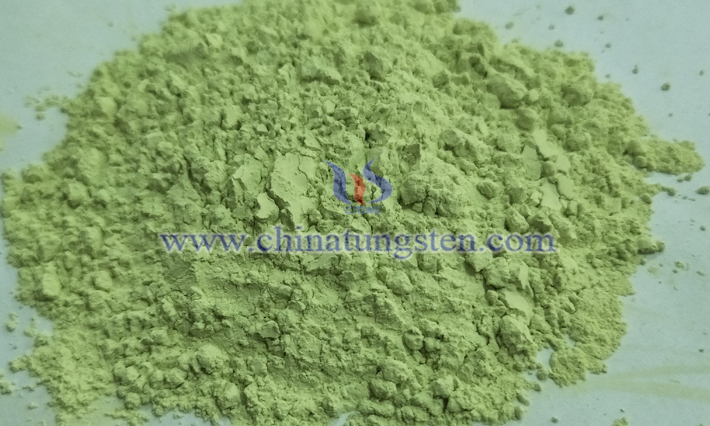
Analysis of latest tungsten market from Chinatungsten Online
At the beginning of the week, China tungsten price continued to stabilize, with no significant updates on market news.
China Tungsten Price Remained Stable at the Beginning of November 2023
- Details
- Category: Tungsten's News
- Published on Monday, 06 November 2023 17:34
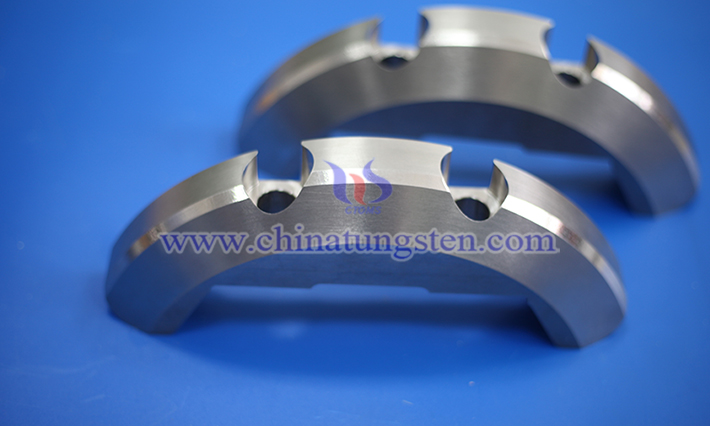
Analysis of latest tungsten market from Chinatungsten Online
China tungsten prices remain stable with a cautious and stabilizing trend in the week ended on Friday, November 3, 2023, as transactions revolve around immediate needs, and the outlook for new orders from businesses is not optimistic.
Gadolinium Oxide Price - November 6, 2023
- Details
- Category: Tungsten's News
- Published on Monday, 06 November 2023 17:30
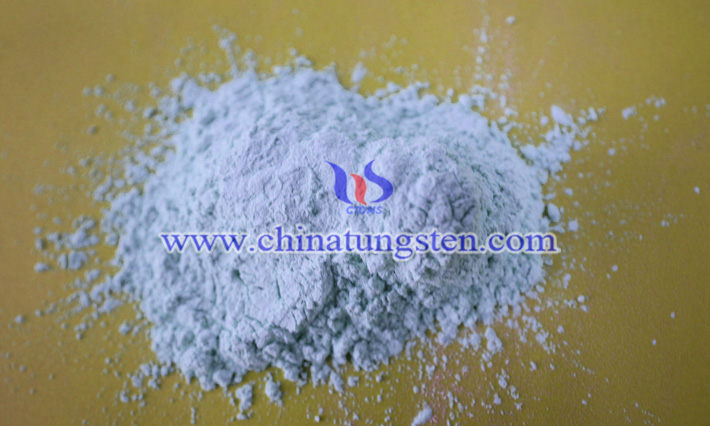
At the beginning of the week, Chinese rare earth market was relatively weak, mainly reflected in the slight decline in the prices of many mainstream heavy and medium rare earth raw materials and the limited number of new orders.
Molybdenum Powder Price - November 6, 2023
- Details
- Category: Tungsten's News
- Published on Monday, 06 November 2023 17:27

At the beginning of the week, Chinese molybdenum market was relatively positive, characterized by a certain degree of price increases in mainstream molybdenum products and increased actual transaction volumes.
Chinese Tungsten Market Keeps Quiet at the Beginning of November 2023
- Details
- Category: Tungsten's News
- Published on Friday, 03 November 2023 17:32
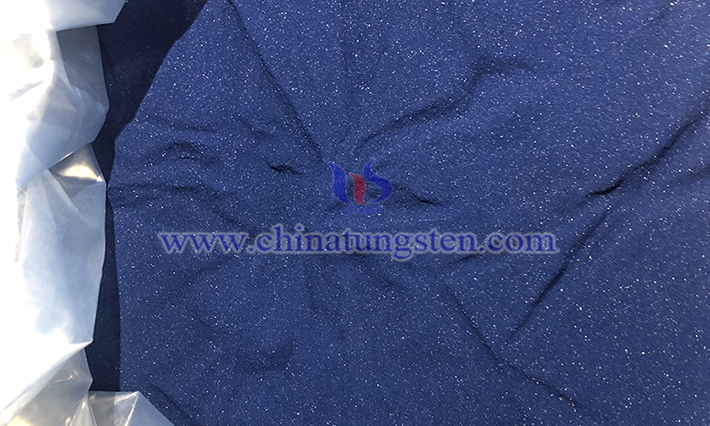
Analysis of latest tungsten market from Chinatungsten Online
Chinese tungsten market remains relatively stable with a cautious trading atmosphere and no significant recovery in market confidence at the beginning of November 2023.
Chinese Rare Earth Prices - November 3, 2023
- Details
- Category: Tungsten's News
- Published on Friday, 03 November 2023 17:28
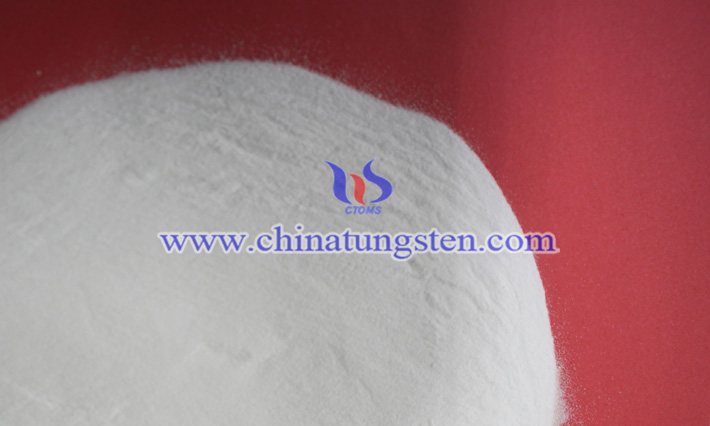
This week, the overall focus of Chinese rare earth prices has not shown significant changes, and actual transaction volumes remain relatively low. This is primarily attributed to downstream users maintaining their just-in-time procurement. Suppliers, to avoid the risk of cost inversion, generally have a lower willingness to reduce prices for sales.
China’s Domestic Molybdenum Market - November 3, 2023
- Details
- Category: Tungsten's News
- Published on Friday, 03 November 2023 17:24

China’s domestic molybdenum market demonstrated a fluctuating trend in the week ended on Friday, November 3, 2023.
China’s Tungsten Concentrate Price Stabilizes with Actual Transactions Remaining Sparse
- Details
- Category: Tungsten's News
- Published on Thursday, 02 November 2023 18:24
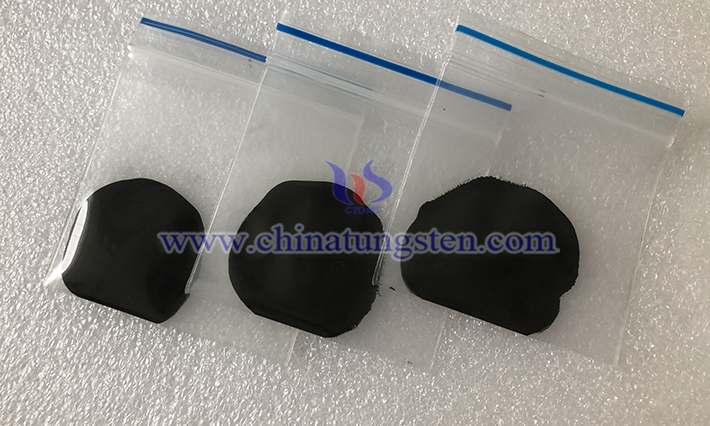
Analysis of latest tungsten market from Chinatungsten Online
China’s ammonium paratungstate (APT) and tungsten powder prices continue to be stable as demand pressures on the market are significant, consumer confidence remains under pressure, and the supply side's efforts to stabilize the market are the primary support.
China Tungsten Market Was Weak in October 2023
- Details
- Category: Tungsten's News
- Published on Thursday, 02 November 2023 10:46
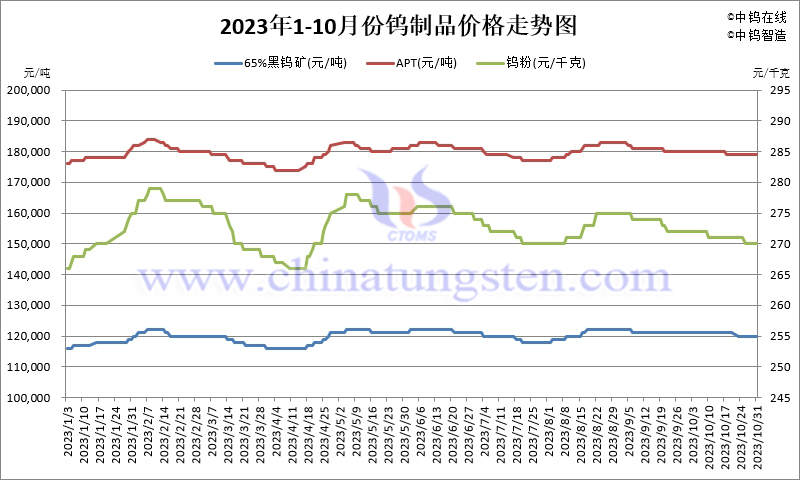
Analysis of latest tungsten market from Chinatungsten Online
China tungsten market for October 2023 is displaying a tendency of weakness. This is primarily due to slower-than-expected recovery in consumption, as the much-anticipated peak season for the market during the "Golden September and Silver October" period did not materialize as expected. This has put pressure on tungsten raw material prices.


 sales@chinatungsten.com
sales@chinatungsten.com